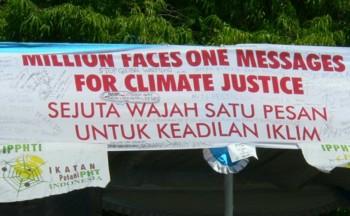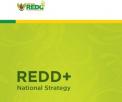- Home
- About
- Campaigns
- Regions
- Themes
- Agrofuels
- Climate justice
- Coastal communities and fisheries
- Disasters
- Economy & debt
- Energy
- Foreign investment
- Forests & forest fires
- Human rights
- Indigenous Peoples
- International Financial Institutions
- Land and food security
- Laws & regulations
- Mining, oil & gas
- Plantations
- Politics & democracy
- REDD
- Regional autonomy
- Transmigration
- Water and dams
- Women
- Publications
- Links
- Contact
Region
- Indonesia (20)
- Sumatra (7)
- Java, Madura & Bali (1)
- NTT & NTB (1)
- Kalimantan (5)
- Sulawesi (2)
- Maluku (1)
- Papua (10)
- Europe/UK (8)
- International (10)
Publication
- Newsletter articles (18)
- Special reports & briefings (2)
- Books (2)
- Photos and videos (1)
- Press releases & position papers (1)
- Letters (1)
Climate Justice and sustainable livelihoods

Banner in both languages






